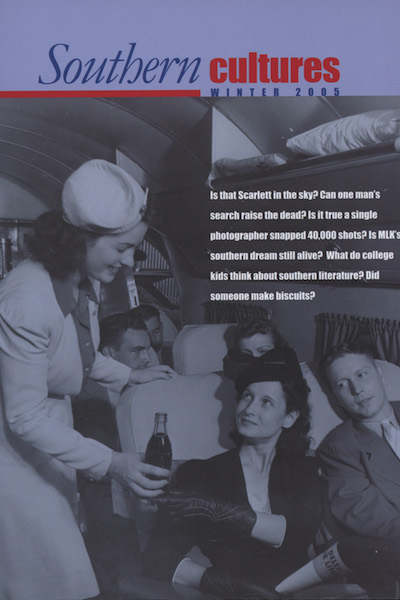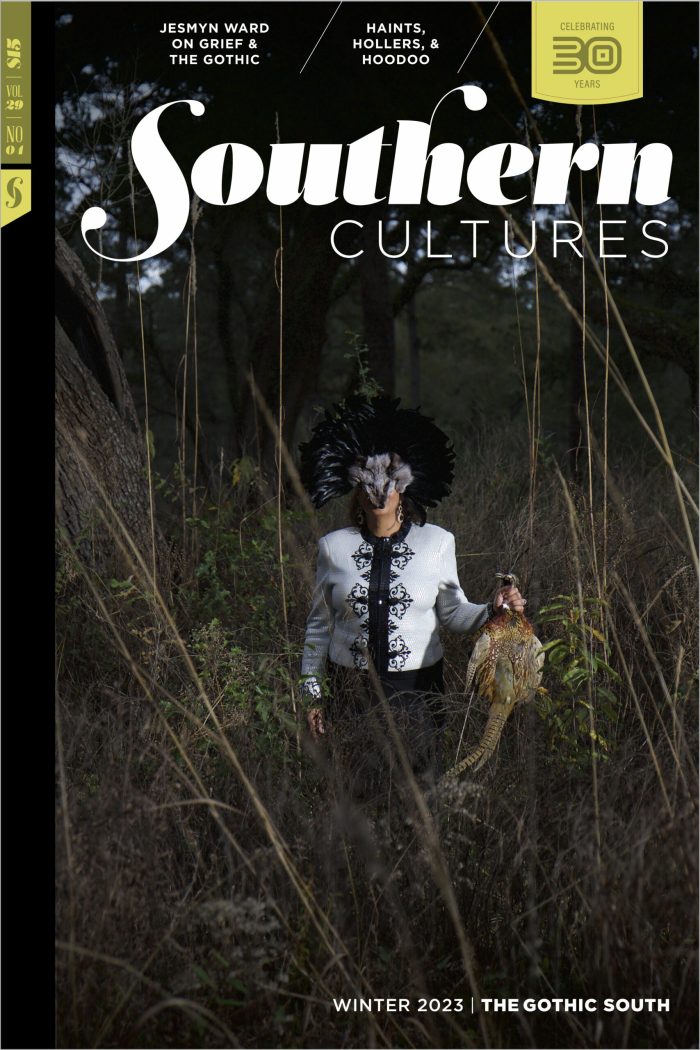by Harry L. Watson
“Lynching and mayhem are not the only dimensions of southern history worth preserving.” I spoke once at a dinner meeting of the Military Order of Stars and Bars (MOSB), a Confederate heritage society that gathers every once in a while at a nearby Steak ‘n’ Ale restaurant. Most of the time, neo-Confederates and I leave »
by Drew Whitelegg
“In 1965 Braniff introduced the ‘air strip,’ in which a flight attendant disrobed bit-by-bit during the flight. Delta preferred coquetry to crudity.” Delta Air Lines played an important role in the development of the modern South, and for much of the airline’s history, a strong regional identity was the foundation of its corporate image. “Born »
by Steve Oney
“In the 1913 South the novelty of a white jury convicting a white man largely on the word of a black man was enormous. Yet even so, it was only in the trial’s aftermath that the deeper and more volatile issues came to the fore.” On April 26, 1913, a thirteen-year-old child laborer named Mary »
by Michael Kreyling
“I had to stop. It wasn’t funny, and the bravura failed to lift any literary hearts. In this reading in this place, these words, whatever I might think about their literary merits, described white men on horseback with dogs hunting a defenseless black man on foot.” When I taught my first real college class in »
by Ruth Moose
“Someone, sometime / must have made biscuits. . .” It’s a birthday party for an old friend,mentor and I’m staying overnightin an impartial place, decoratedin pinks and gray, bed, sofa,bath, closet of a kitchen.
by Elizabeth Gritter,
Billy E. Barnes
“There are times when you come upon a scene and everything is right. It tells a story. It has a center of interest. It has emotion. It has people in it who are beautiful people–and I don’t mean Hollywood beautiful.” Billy E. Barnes is one of America’s most widely published photographers. His pictures have appeared »
by Timothy B. Tyson
“Southern culture, properly considered, actually more or less rules the world.” This essay was taken from a Martin Luther King Jr. Day address given by the author on January 17, 2005, in Columbus, Mississippi. The author would like to thank everyone on the Columbus Martin Luther King Jr. Legacy Committee, especially Wilbur Colom and Deborah »
by Timothy Silver
University of Georgia Press, 2004 The Chattooga River rises high in the mountains of southwestern North Carolina and churns its way south through some of the most rugged country in the southern Appalachians. Before it empties into Lake Tugaloo along the Georgia-South Carolina border, the Chattooga provides rafters and kayakers with some of the best »
by E.M. Beck
NewSouth Books, 2004 This slender volume, edited by Anthony Dunbar and with a foreword by former President Jimmy Carter, contains twelve essays by well-known and highly respected progressive southerner activists and academics. While white southerners are often stereotyped as extreme right-wingers and hard-rock Bible thumpers, these essays are contrary evidence that the southern progressive tradition »
by Jonathan F. Phillips
University of North Carolina Press, 2004 The “southern military tradition,” the idea that the American South has been the most militaristic section of the nation, is a generally accepted view among many observers of the region. As one prominent historian wrote in 1984, “The militant South, the military South, prone to shoot first and answer »





